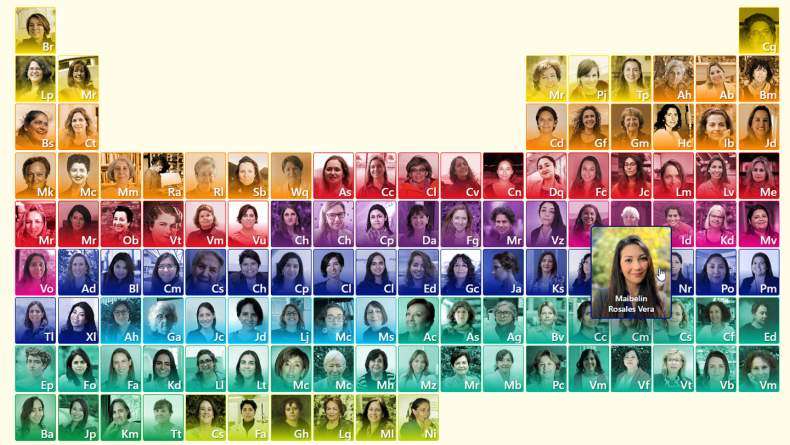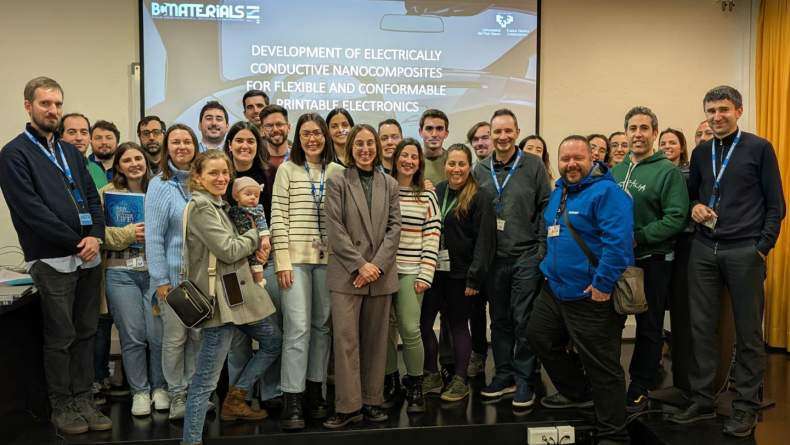3D Printing (Robocasting) of functional materials for use in catalytic, optical, and tissue engineering applications

CARMEN RIAL TUBIO
(BCMATERIALS)
3D Printing (Robocasting) of functional materials for use in catalytic, optical, and tissue engineering applications
Robocasting, also known as extrusion-based ink, is a 3D printing technique that may to produce complex 3D shapes structures taking a virtual design from computer aid design (CAD) software. This technique relies on printing a continuous ink filament in a layer- by- layer sequence. This technique offer new opportunities for patterning materials from micro- to macroscale. In this talk, it will first provide an overview of this technique and relevant tools, such as ink composition, rheological behaviour, and printing parameters. Then, it will focus on recent results and different potential applications as catalysis, optical, and tissue engineering.
Related news
Meeting of the new BCMaterials Board of Trustees
On April 1st, BCMaterials facilities held the center’s new Board of Trustees meeting. The Board reviewed BCMaterials overall situation and examined the results and activities reported in the 2024…Track the Twin: Digital Twins to Improve Quantum Dots
The Marie Curie doctoral network "Track the Twin," in which BCMaterials is participating, is already underway. This project aims to enhance the long-term performance of quantum dots through the…Maibelin Rosales, in the Periodic Table of Chilean Female Scientists
We would like to congratulate our Marie Curie postdoctoral researcher, Maibelin Rosales, for being selected as one of the 118 researchers recognized in the Periodic Table of Chilean Female Scientists…Esraa Sewlam and Lía Campos, New Doctors of BCMaterials
We would like to extend our sincere congratulations to pre-doctoral researchers Esraa Sewlam and Lía Campos Arias for obtaining their PhDs in Materials Science and Technology from the UPV/EHU.…



